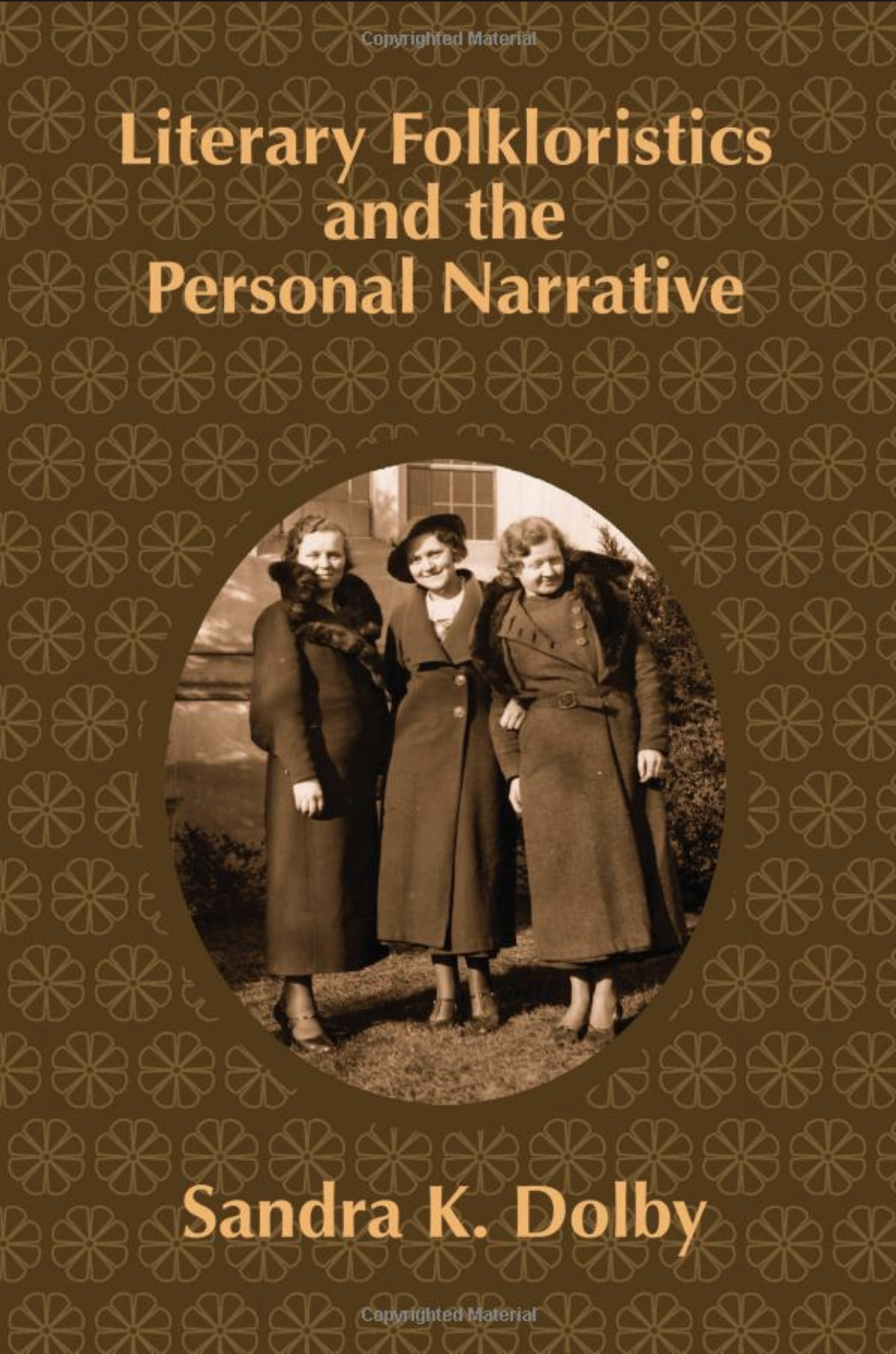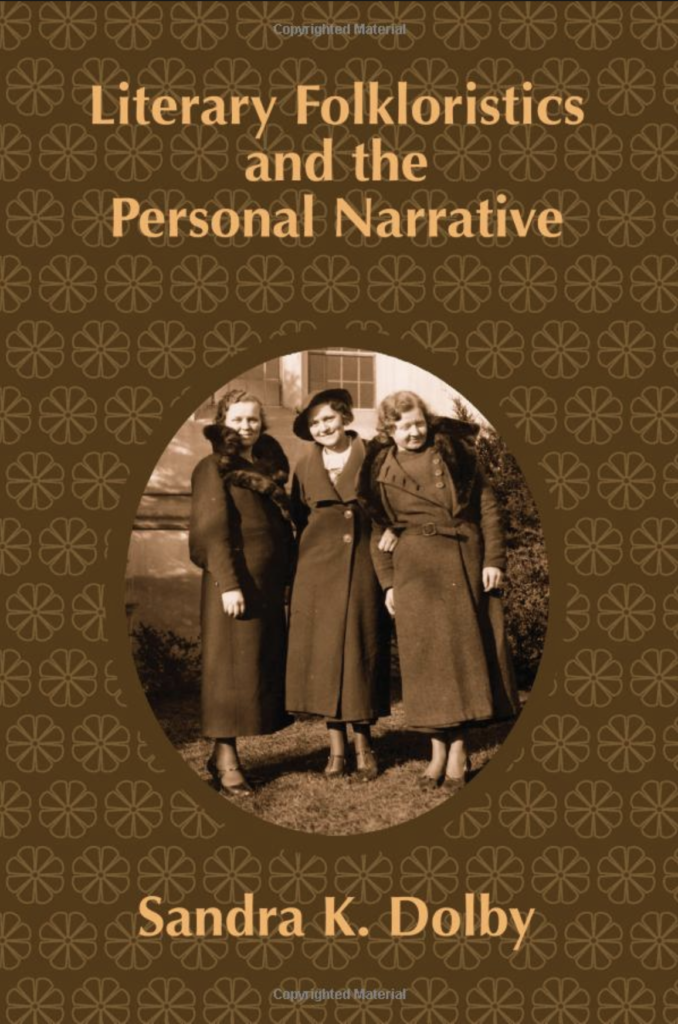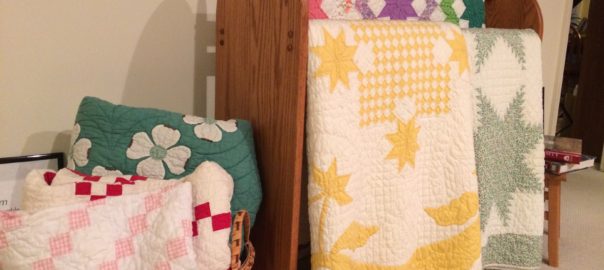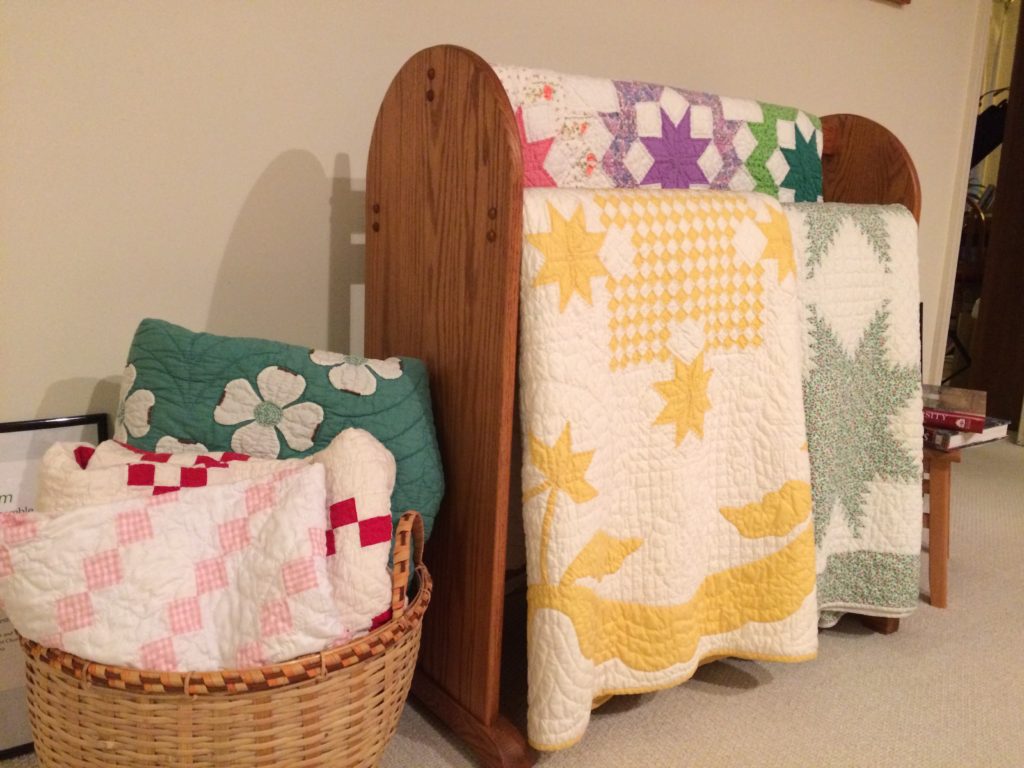From Forella: I have asked Angela to write out and post this message, but these are my thoughts, as will no doubt be apparent. Angela told me of the death of the songwriter John Prine. My era of music was a little before his, but I know Ross has always loved his songs. I do remember one song of his that always made me just sob every time I heard it—Hello in There. As I have become more and more isolated—both because of my fading vision and especially from the social distancing to combat this coronavirus, the message of that song has haunted me. We need to look into those “hollow ancient eyes” and greet and love the individuals behind those eyes. We need to know them, love them, keep them in our hearts—there IS room in our hearts for each of them. I talked with Katherine, and I think we have devised a way to help with that—a way to hearten and keep our elders—people like me, a way to touch, to clasp at least some of them to our hearts and always remember.
From Katherine: Thanks, Forella. Like you, I remember just stopping everything and crying my eyes out when I first heard Prine’s song Hello in There. My clearest memory is of Joan Baez singing it. It was so very moving. So, after you and I talked by phone, I contacted a former colleague of mine, Sandra Dolby, another folklorist who had studied personal narratives, stories people tell from their own lives. I asked her if she had any suggestions on how to reach older people who are now so threatened by this virus. Here is what she wrote back to me.
Katherine, I will be happy to pass along a prototype of an interview questionnaire that I have used in one form or another with classes at IU but also with other groups that want to collect personal experience stories and reminiscences from older individuals. Please feel free to adapt it in whatever way seems best for your purposes. But let me say this about our current situation: Because we are all “sheltering in place,” now is an ideal time to record electronically this kind of interview over many days, with as many people as possible. And while I do think it would be a good project for young people, my own suggestion is that the many healthy Generation Xers and Millenials out there use this as an opportunity to actually know and keep alive in your memory the people who are your parents and grandparents. There is so much of the memory, skill, tradition, and wisdom that is lost whenever anyone dies. It is hard to accept that this might happen within your own family, but we are seeing that it could. And you who are adults yourselves can be the good fieldworkers who ask the kind of questions and show the kind of interest that will allow your elders to reveal who they are and what they know to another caring adult. It will be a treasure for them. Believe me. Here is a pdf of the questionnaire prototype:
From Rayette: Thank you for getting this for us, Katherine. I will share it with my daughters and with my brother’s children. You are right. We are now the generation that may well disappear in a flash. They need to ask us about our lives. I hadn’t really thought of that. Fortunately I can still ask some of these questions of my own parents, but I worry because they are in assisted living, and there have been people there who have come down with the virus. The old people rarely recover. It is a very difficult time.
From Ross: John Prine’s death is a deep wound. This is a harsh time. Mom I will ask Angela to help record our conversation as I ask you some of these questions. And since I have no kids, maybe Angela can help do the reverse. You may learn things about me you never wanted to know.
From Katherine: I think that is the point. We should all welcome the opportunity to share our experience of being a human on this planet before we leave and no longer have that option. The kind of intimacy that comes with personal narratives—that is the saving grace of our human species.
*All posts listed as “Handel blog” are texts that use the fictional characters in my book The Handel Letters: A Biographical Conversation. As in that book, the posts will often reference things from Handel’s life or time period as starting points. And the post will cite a page or paragraph in the book when it seems relevant. Find The Handel Letters.




